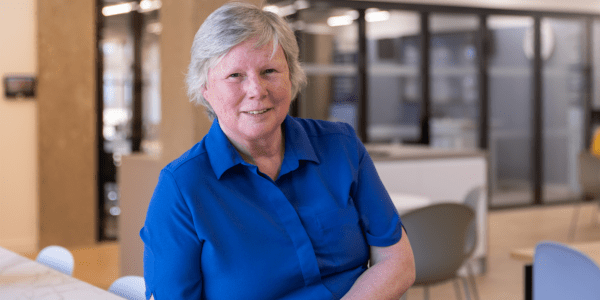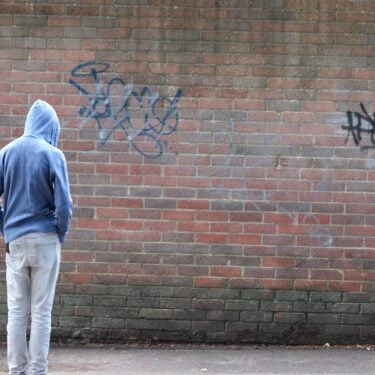Ash Patel, Justice Programme Head, reflects on the findings of the Fair Shares project led by Professor Emma Hitchings at Bristol University.
Getting a divorce used to be taboo, even scandalous, and legally difficult to acquire. Today, divorce is more commonplace and does not carry the social stigma it once did. Recent legal reforms, such as removing the need to find ‘fault’ when seeking divorce introduced by the Divorce, Dissolution and Separation Act 2020 have sought to make the process less fraught and adversarial.
Tens of thousands of couples in England and Wales get divorced every year. Figures show that in 2021, 113,505 divorces were granted – up nearly 10% from the previous year when there were 103,592 divorces.
Even the most amicable marriage break-up is likely to cause stress for the couple themselves, any children in the relationship, and the wider family. In addition to the emotional upset, a divorce also often requires assets to be divided and financial arrangements to be made.
Only two in five divorcees use a lawyer and further unexpected findings
Despite the prevalence of divorce – estimated at 42% of marriages across the whole of the UK – very little was known about how couples divide their assets and the value of those assets until this new research.
Fair Shares is incredibly significant because it provides the first detailed insight into what happens to assets when a marriage breaks down.
For me, there are three surprising findings – the relatively small sums involved in most divorce cases, the lack of legal process involved in the majority of divorces, and how few couples use a lawyer.
- While there is media focus on cases that involve celebrities and large bank balances, the research shows that most couples have modest amounts of money and possessions to divide up. Median total assets divorcing couples own, including property, pensions, and taking into account any debts, was just £135,000 and almost a fifth of couples had no assets at all to divide.
- Just one-third of divorcing couples finalise their finances through a court order, and only 10% actually go to court. Avoiding a potentially adversarial system might seem like a good thing, but with the majority of cases bypassing the legal system (which is designed to help achieve fairness), it means ex-wives are often left worse off. One reason is that pension sharing is included in just 10% of divorces, adversely affecting women who generally have smaller pension pots than men.
- Only two in five divorcees used a lawyer for information, advice or support, often due to fears of the cost. Worryingly, more than one in 10 sought no advice or information to help them with their divorce.

Potential impact on legal reform
Fair Shares began in 2021 and was funded by the Foundation as part of our interests in family justice and access to justice. It adds to our highly influential portfolio of family law research focused on marriage and divorce, which includes Professor Liz Trinder’s research into no fault divorce, Dr Rajnaara Akhtar’s recent study on non-legally binding wedding ceremonies, and Hilary Woodward’s work on pension sharing on divorce. It also speaks to our inequalities agenda given the disparities affecting women in divorce cases.
Two years later, the publication of the report is incredibly timely as it comes during a review by the Law Commission of England and Wales into the 50-year-old laws that govern how assets are shared after a divorce.
Professor Hitching’s research is well-placed to offer valuable insights to the Commission and propose ideas for reform based on her findings.
Suggestions could include:
- Making financial arrangements that properly recognise and value non-monetary contributions to a marriage and family
- Promoting fairness by taking into account vulnerability and inequity between separating parties, most often the woman
- Ensuring both parties are fully informed about the assets involved and the decisions made about their division
Divorce has a lasting impact on tens of thousands of families every year. I’m delighted this research is landing at such an important moment and has the potential to play a role in the Law Commission’s thinking and possibly help influence change to make the system fairer.










































